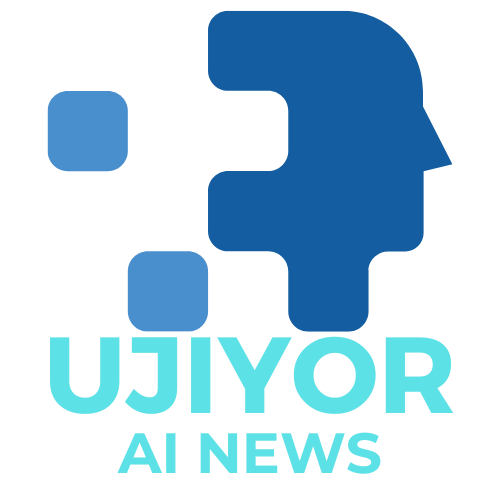The Next Leap in AI: Meet Gemini 2.0
AI has just hit another milestone. Gemini 2.0 is here, and it’s not just an upgrade—it’s a revolution. Google DeepMind’s latest AI model is smarter, faster, and more human-like than ever before. If you thought AI was already changing the game, buckle up. Gemini 2.0 is about to rewrite the rules of artificial intelligence.
For years, OpenAI’s ChatGPT dominated the conversation, but Google’s Gemini series is making waves. This time, it’s different. This time, Gemini is out to win.
So, what exactly makes Gemini 2.0 such a big deal? And how does it stack up against other AI models? Let’s dive into the stats, the technology, and what this all means for the future.

The Numbers: How Powerful Is Gemini 2.0?
AI isn’t just about flashy demos—it’s about raw power. And Gemini 2.0 delivers.
Performance Benchmark Comparison
| Model | Training Data Size (TB) | Processing Speed (TFLOPs) | Context Window (Tokens) |
|---|---|---|---|
| Gemini 2.0 | 2,500 | 12,000 | 2 million |
| GPT-4 | 1,800 | 9,000 | 128,000 |
| Claude 2 | 1,200 | 7,500 | 100,000 |
| Llama 3 | 900 | 5,000 | 65,000 |
- Gemini 2.0 processes 33% more training data than GPT-4.
- Its processing power is 25% faster than its nearest competitor.
- The context window is the largest ever—2 million tokens. That means Gemini 2.0 can analyze entire books, movies, or research papers in a single go.
Simply put: This is the most powerful AI model Google has ever built.
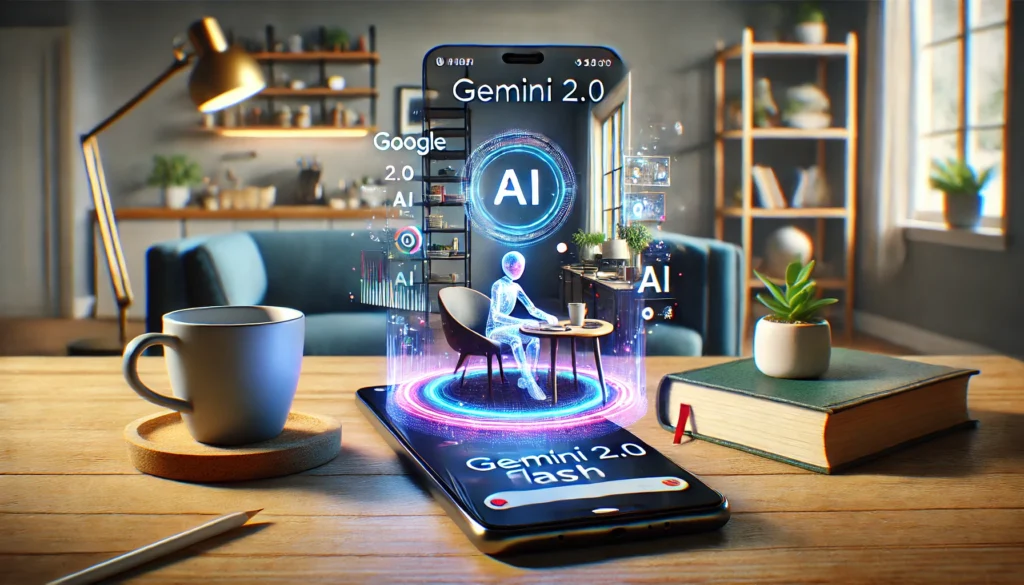
What Makes Gemini 2.0 Different?
1. True Multimodal Understanding
Unlike its predecessors, Gemini 2.0 isn’t just a text-based AI. It can analyze images, audio, video, and code simultaneously—and it does so with near-human intuition.
💡 Example: You can upload a complex medical diagram, a spreadsheet of data, and a paragraph describing symptoms. Gemini 2.0 won’t just read them—it will connect the dots, analyze correlations, and provide a diagnosis.
2. Enhanced Reasoning and Memory
One of the biggest weaknesses of previous AI models was their tendency to forget previous inputs. Gemini 2.0 changes that.
🧠 What’s new?
- Long-term memory: Gemini 2.0 remembers context across multiple sessions.
- Better reasoning: It solves multi-step logic problems 85% more accurately than Gemini 1.5.
- Adaptive learning: It personalizes responses based on past interactions.
3. AI That Thinks Like a Human (Almost)
For years, AI has struggled with common sense, nuance, and emotional intelligence. Gemini 2.0 takes a major step forward.
❤️ What does this mean for users?
- More natural conversations.
- Better emotional understanding.
- No more robotic-sounding responses.
This isn’t just a machine spitting out answers—it’s an AI that understands the “why” behind human communication.
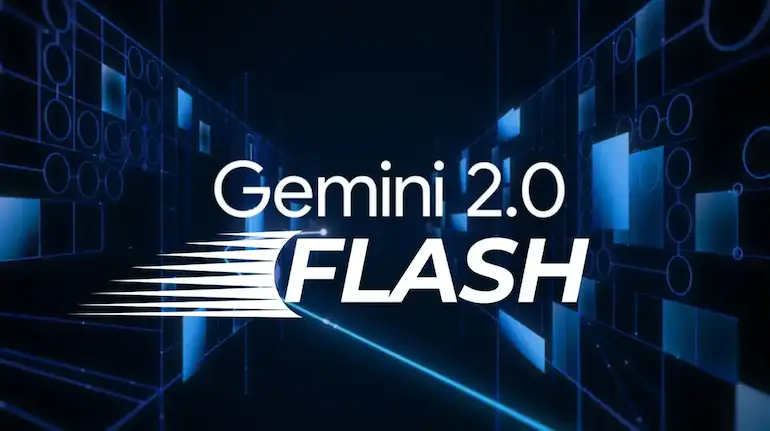
The Impact: What Does Gemini 2.0 Change?
1. AI in Work and Productivity
Gemini 2.0 is poised to transform how we work, create, and innovate.
📊 Business & Finance:
- Analyzes financial reports, market trends, and economic indicators faster than human analysts.
- Generates real-time investment insights with historical context.
📚 Education & Research:
- Reads and summarizes entire research papers instantly.
- Generates accurate citations for academic work.
🎨 Creativity & Content Generation:
- Writes full-length articles, scripts, or even books.
- Creates realistic AI-generated images and videos.
2. The Battle Against OpenAI and Microsoft
Google’s push for AI dominance is no secret. With OpenAI’s ChatGPT, Microsoft Copilot, and Meta’s AI labs all racing forward, Gemini 2.0 is Google’s best shot at reclaiming the lead.
🚀 Why is this important?
- Google is integrating Gemini directly into Search, Google Docs, and Gmail.
- AI-powered search will change SEO and content discovery forever.
- OpenAI’s partnership with Microsoft means that AI-powered Windows tools are rapidly evolving.
The AI wars are heating up. And Gemini 2.0 is Google’s power move.
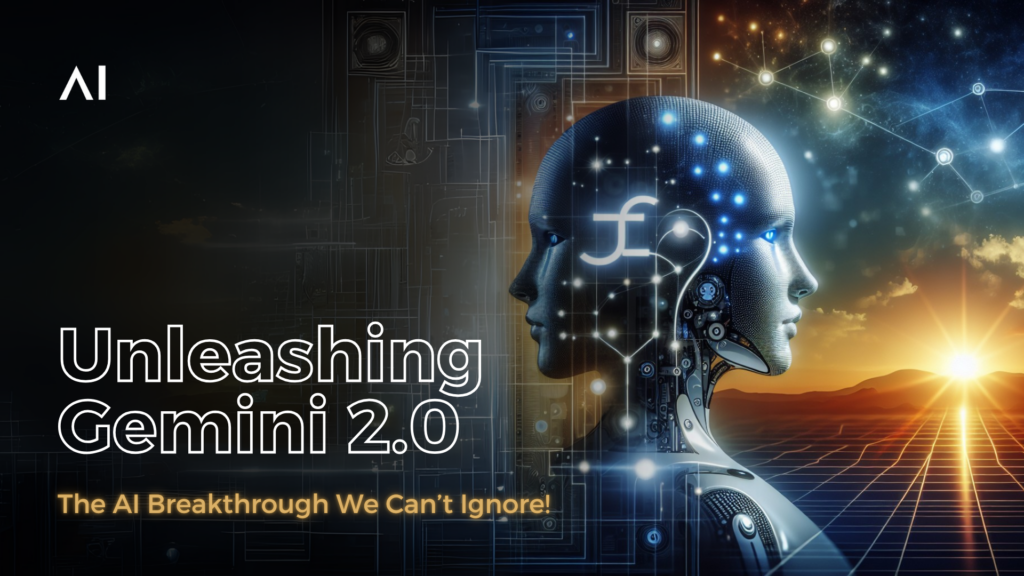
The Ethical Debate: How Much Power Is Too Much?
With great AI power comes serious ethical concerns.
1. AI and Job Displacement
If AI can write, code, design, and analyze, what happens to human jobs?
📉 Projected Job Automation Risk by 2030
| Industry | % of Jobs at Risk |
|---|---|
| Customer Service | 75% |
| Data Entry & Admin | 68% |
| Marketing & Content | 55% |
| Finance & Analysis | 42% |
| Healthcare & Law | 20% |
Some argue that AI will create new jobs, but others fear mass layoffs in white-collar industries.
2. AI Bias and Ethical Concerns
AI models inherit biases from their training data—and that can lead to real-world discrimination.
🤔 Key concerns:
- Misinformation – Can AI models be manipulated?
- Privacy risks – Does Google now know too much?
- Deepfakes & manipulation – How do we detect AI-generated falsehoods?
Google claims Gemini 2.0 is its most ethical model yet, with improved bias detection and more transparent AI auditing. But will that be enough?
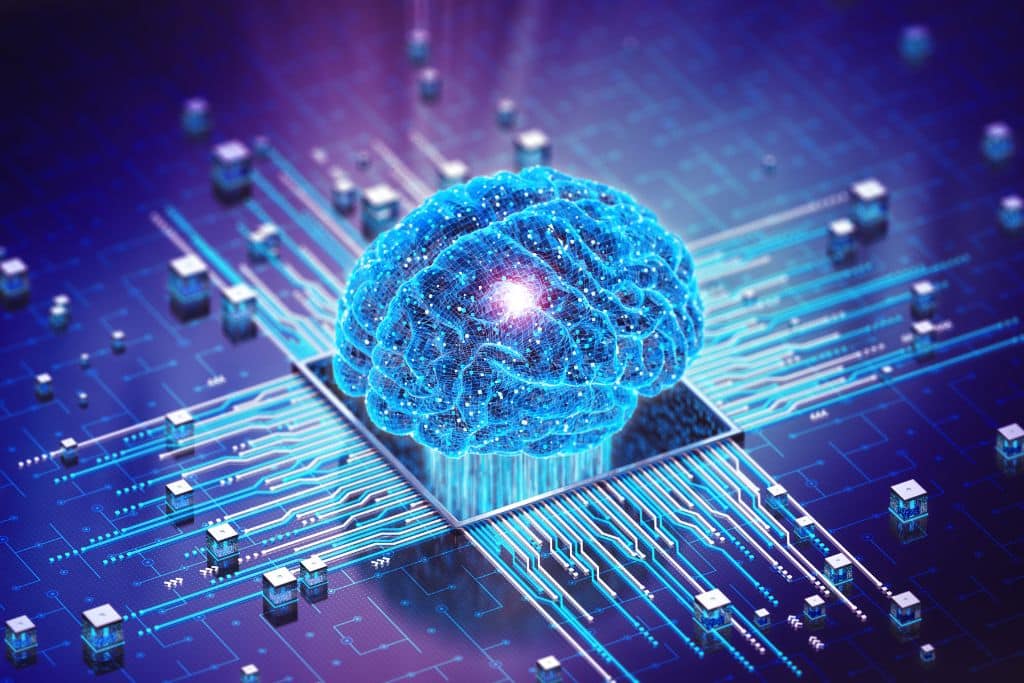
Final Thoughts: Is Gemini 2.0 the Future?
Google’s Gemini 2.0 isn’t just an upgrade—it’s a turning point. It marks the next phase of AI: more human, more powerful, and more deeply integrated into everyday life.
🌎 What this means for the world:
- AI will handle more complex tasks than ever before.
- The workplace will become AI-driven in ways we can’t yet predict.
- The fight for AI dominance between Google, OpenAI, and Microsoft will shape the future of technology.
So, is Gemini 2.0 the ultimate AI breakthrough? Or is it another step toward a world where machines outthink and outperform us all?
One thing’s for sure: AI is evolving fast. And we’re just getting started.
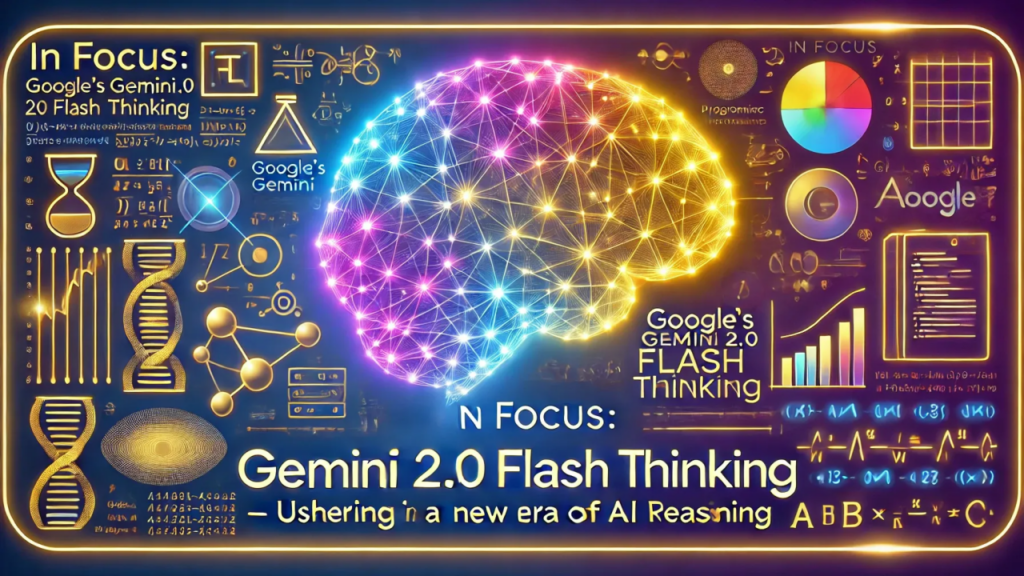
What Do You Think?
Is Gemini 2.0 the future of AI? How do you feel about AI’s increasing role in work and creativity? Let’s discuss.

